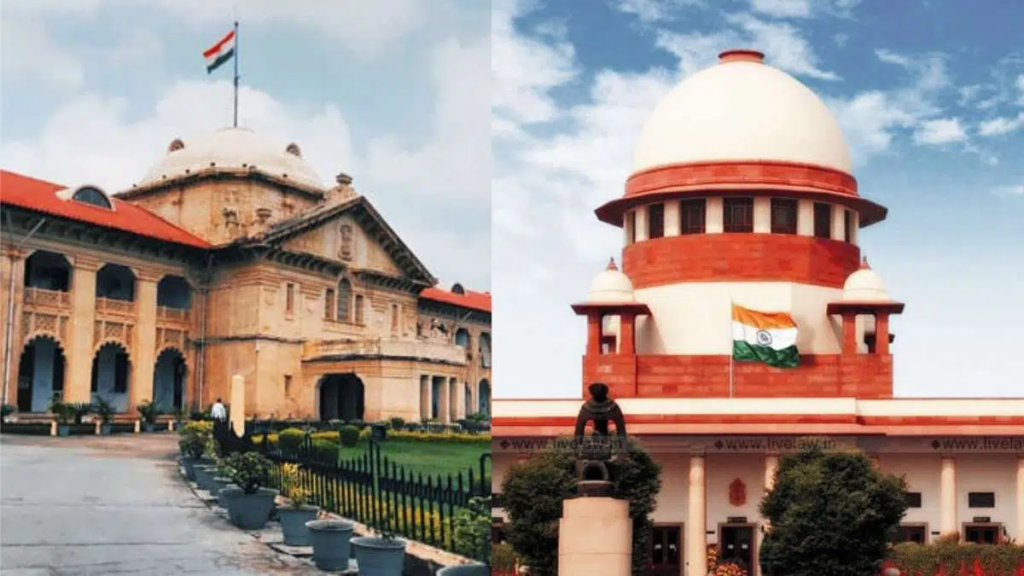The Supreme Court will now decide the age of marriage of Muslim girls, the matter arose after the decision of Allahabad HC

The Supreme Court will consider the issue of the age of marriage of Muslim girls. Muslim personal law permits marriage after a girl attains puberty i.e. 15 years of age. The apex court, in its 2018 judgment in the case of Hadiya Akhila and Safin Jahan, had held that attaining puberty is a prerequisite for a valid Muslim marriage. This legal matter has arisen after a judgment of the Allahabad High Court. The High Court declared the marriage of a 16-year-old Muslim girl illegal and sent her to Nari Niketan.
All High Courts should set up RTI portal in three months
The Supreme Court has directed all the High Courts to set up online RTI portals within three months. A bench of CJI DY Chandrachud, Justice PS Narasimha and Justice JB Pardiwala passed the direction on a plea seeking setting up of an online portal for e-filing of RTI applications and first appeal in the High Court.
The Supreme Court will also examine what will happen if there is a conflict between the Muslim Personal Law and the law passed by the Parliament? Who will be considered applicable? When there is a conflict between the Prohibition of Child Marriage Act and the Muslim Personal Law, which allows a Muslim girl to marry when she attains puberty at the age of 15, who will apply?
Advocate Dushyant Parashar, appearing for the girl, told a bench of Justices Ajay Rastogi and Justice Bela M Trivedi that she has now become an adult. He has been released from the shelter home. She is living with the boy. The bench asked Parashar to file an affidavit on behalf of the girl. The court listed the matter for further hearing after two weeks.
During the hearing, the girl’s counsel Parashar said that an important question of law is involved in the case. Personal law allows a Muslim girl to marry a boy of her choice on attaining puberty at the age of 15. On the other hand the laws passed by the Parliament are Prohibition of Child Marriage Act 2006, Indian Majority Act, 1875. He said that in a situation where individual religious rights are involved, which law would apply? The bench said it was leaving the question of law open and would look into it.




